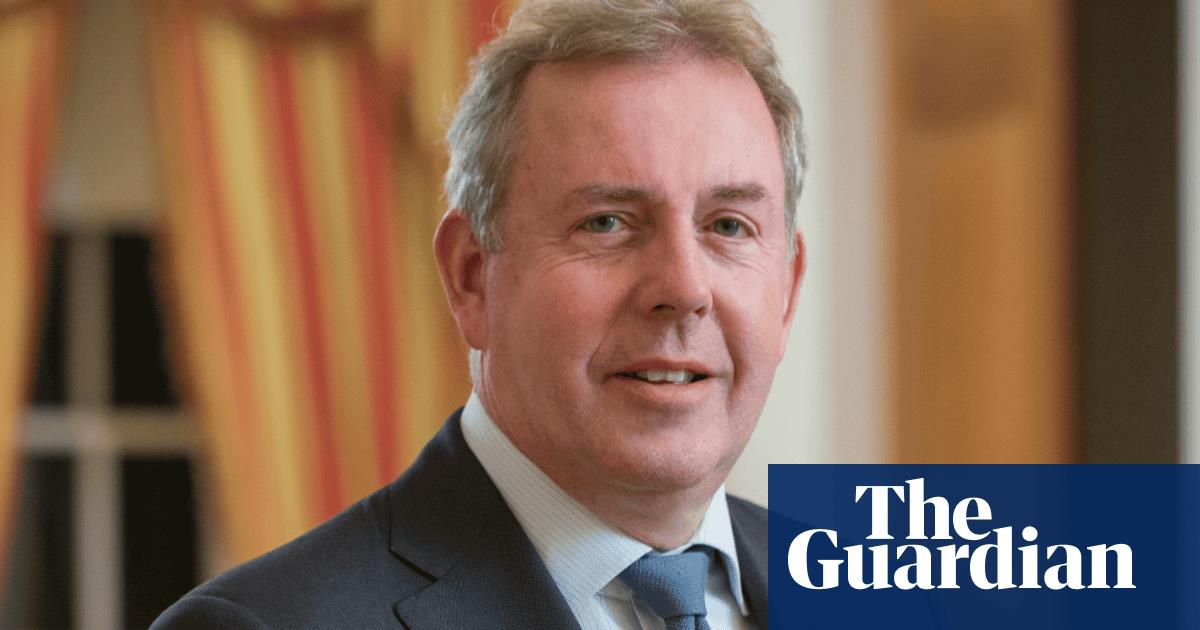
Ministers are being pressed to reveal the full details of how the government missed out on four opportunities to join an EU medical supplies consortium, in the wake of a U-turn by the top civil servant in the Foreign Office over comments suggesting it was a “political decision”.
The Labour MP Chris Bryant, who sits on the foreign affairs select committee, said on Wednesday that he “feared the government was involved in a full-on cover-up” over how it came to miss out on four rounds of procurement of personal protective equipment (PPE), ventilators and laboratory supplies launched by the EU in late February and March.
UK officials failed to take up an invitation to join the steering committee of participating countries that issues orders for medical equipment until 19 March – after the bulk purchases had been made.
Bryant said he feared either Foreign Office ministers or the prime minister decided not to be associated with any EU scheme for political reasons “even though it was patently in the interests of the NHS and its staff to explore every possible avenue to acquire masks, gowns and ventilator equipment, as fast and most effectively as possible”.
His intervention came a day after the Foreign Office’s permanent secretary, Sir Simon McDonald, told MPs that ministers had indeed taken a political decision not to join the scheme.
After his claims, made to the foreign affairs committee on Tuesday, were later denied by the health secretary, Matt Hancock, McDonald wrote to the committee that night saying his original statement of a political motive was wrong and “owing to an initial communication problem the UK did not receive an invitation in time to join”.
However, Bryant, in a view shared by some fellow committee members, senses that in his letter McDonald was limiting his retraction to the advice given to ministers about the EU ventilator scheme, but not to other EU medical product purchase schemes.
Bryant has written to the committee chair, Tom Tugendhat, asking him to seek from the Foreign Office details of British representation at EU meetings held on 31 January, 4 February, 2 March and 13 March “at which EU-wide health security issues arising from coronavirus were discussed and the bulk procurement of masks, gowns, ventilators and other laboratory equipment were discussed”.
He is also asking to see the briefing notes after these meetings, and the list of recipients in Whitehall to which any such notes were circulated.
Bryant contends that McDonald was being asked by the committee about four rounds of EU procurement schemes launched in February and March, but in his letter to the committee correcting what he told the MPs McDonald appeared only to be referring to the EU ventilator scheme. Bryant then demands to know whether ministers were briefed about the other schemes.
Hancock faced further pressure over the protection offered to NHS staff after the European commission said the UK had been given “ample opportunity” to join the EU scheme bulk-buying masks, gowns, gloves and goggles.
After a day of confusion in Westminster over the UK’s lack of involvement in the EU’s joint procurement of equipment, a spokesman for the commission appeared to bolster the claim that ministers had taken a “political decision” to opt out.
The commission spokesman said UK representatives had been briefed on the EU plans throughout February and March when they could have signed up for the huge purchases of ventilators, laboratory supplies and PPE.
UK officials and ministers have repeatedly said the government only failed to take part in the schemes because of a communication problem linked to missed emails.
The commission spokesman told reporters in Brussels: “The EU commission already announced on 31 January that it could help member states with organisation of such joint procurement schemes and this idea of joint procurement and reporting on the state of the medical supplies of the member states was a recurring topic of the agenda of the health and security committee meetings.
“The UK was, as all other members of the health security committee meetings, aware of the work that was ongoing and had ample opportunity to express its wish to participate in a joint procurement if it wanted to do so. As to why it did not participate, this is obviously something on which we cannot comment.”












